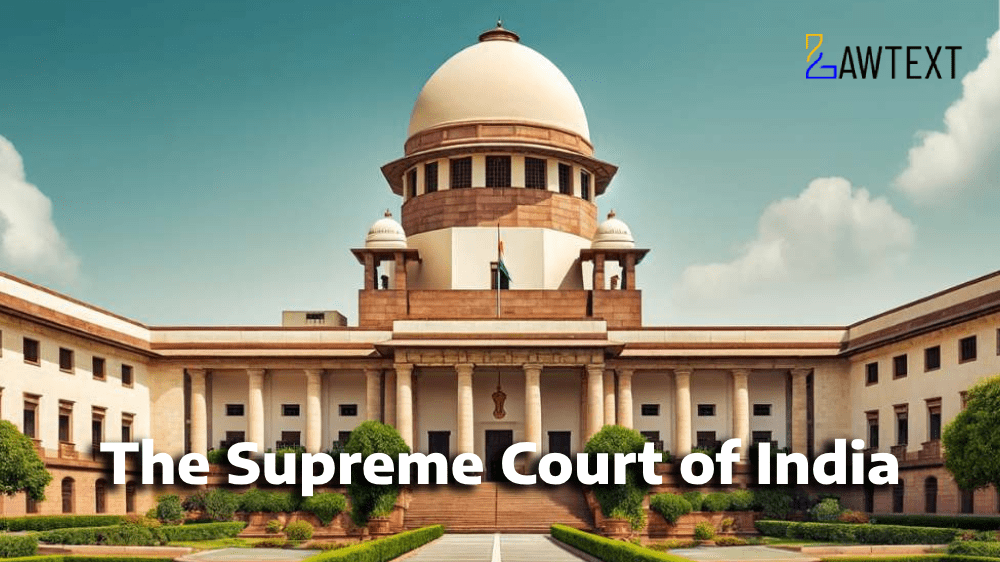

The Supreme Court dealt with the obligations of legal representatives of a deceased developer under a Development Agreement. The Court held that while the legal heirs are liable for monetary payments from the estate of the deceased, they are not obligated to perform personal contractual duties requiring specific skills or expertise of the deceased developer.
Acts and Sections Discussed:
1. Introduction (Para 1-3):
The appellants, legal heirs of the deceased developer, challenged the order passed by the National Consumer Disputes Redressal Commission (NCDRC) which directed them to discharge the personal obligations of the developer under a Development Agreement.
2. The Development Agreement (Para 2.3-2.4):
The original Development Agreement between the complainants (owners of property) and the deceased developer included the construction of eight residential flats and additional payments. Breaches by the developer led the complainants to file a complaint before the District Forum under the Consumer Protection Act.
3. District and State Commission Decisions (Para 2.6-2.7):
The District Forum found the developer liable for certain monetary payments, and the State Commission further directed the developer to complete construction-related obligations. The NCDRC upheld these orders, holding that both monetary and construction obligations were valid against the developer's legal heirs.
4. The Legal Issue (Para 7-9):
The main issue was whether the legal representatives of the deceased developer were liable to perform obligations such as construction of a compound wall and obtaining completion certificates.
5. Legal Representatives' Argument (Para 9-11):
The appellants argued that personal obligations requiring specific skills of the deceased developer could not be imposed on them, as they lacked the expertise to carry out the tasks.
6. Supreme Court's Analysis (Para 12-31):
The Court discussed the nature of proprietary and personal rights, citing legal principles from the Indian Succession Act, Indian Contract Act, and case law. It was emphasized that personal obligations, especially those requiring specialized skills, are not inheritable.
7. Conclusion (Para 31-32):
The Supreme Court ruled that the legal heirs are not liable to fulfill the personal obligations of the deceased developer but are responsible for monetary payments from the estate.
Ratio Decidendi:
The Court held that personal obligations under a contract, particularly those requiring specialized skills, do not survive the death of the obligor. Legal heirs are only liable for monetary obligations to the extent of the deceased's estate, not for tasks that demand personal performance, such as construction work by a developer.
Subjects:
Consumer Dispute, Proprietary Obligations, Legal Heir's Liability.
Consumer Protection, Developer Obligations, Legal Heirs, Contractual Liabilities, Proprietorship.
Citation: 2024 LawText (SC) (3) 2
Case Number: CIVIL APPEAL NOS.7768-7769 OF 2023
Date of Decision: 2024-03-01
Case Title: Vinayak Purshottam Dube (Deceased), Through Lrs Versus Jayashree Padamkar Bhat & Others
Before Judge: (B.V. Nagarathna, J ; Ujjal Bhuyan, J)
Advocate(s): Aniruddha Deshmukh, Braj Kishore Mishra, Abhishek Yadav, Ruchit Mohan, Priyadarshi Kumar, Mini Kishore
Appellant: Vinayak Purshottam Dube (Deceased), Through Lrs
Respondent: Jayashree Padamkar Bhat & Others